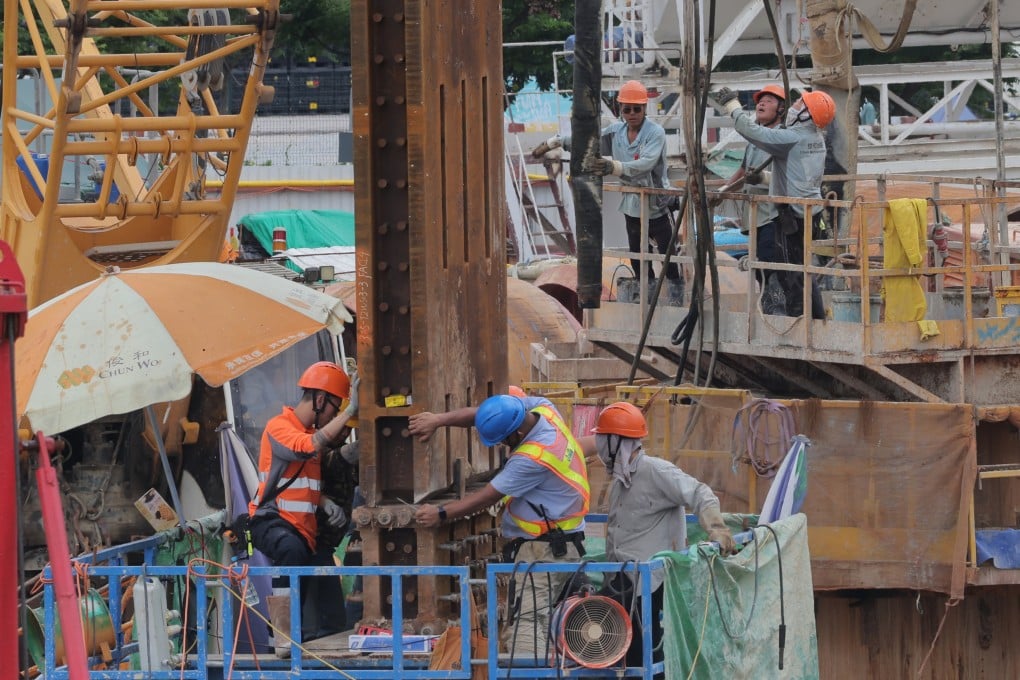Opinion | 3 ways to improve Hong Kong’s labour import scheme for the city’s benefit
- The government must consider the implications of having a potentially huge supply of migrant workers, as well as differing employer needs
- One way to ensure the scheme benefits both society and the economy is to auction off the rights to hire migrant workers

Faced with persistent talk of critical labour shortages in key industries, the Hong Kong government has relented on admitting migrant workers. At present, the Supplementary Labour Scheme allows migrants to work in Hong Kong only after approval by the commissioner for labour, as advised by the Labour Advisory Board. The tripartite board is made up of representatives from the government, employers and workers.
Employers must pay each migrant worker no less than the median wage of local workers, pay a retraining levy of HK$400 per month to the government, and may only hire one migrant for every two local workers. In addition, the government will suspend the Supplementary Labour Scheme for 26 occupations including hairstylists, waiters and cashiers.
Let’s leave aside the issue of how the admission of 20,000 migrant workers would affect the wages and progression of local workers and look at how the government should administer this scheme to maximise benefits to society and the economy.
The administration must take two factors into account. First, that the potential supply of migrant workers at relatively low wages to Hong Kong (like that to Singapore) is huge. In the language of microeconomics, the supply is very elastic. Second, that businesses, even within the same industry, differ in their “need” for migrant workers.

